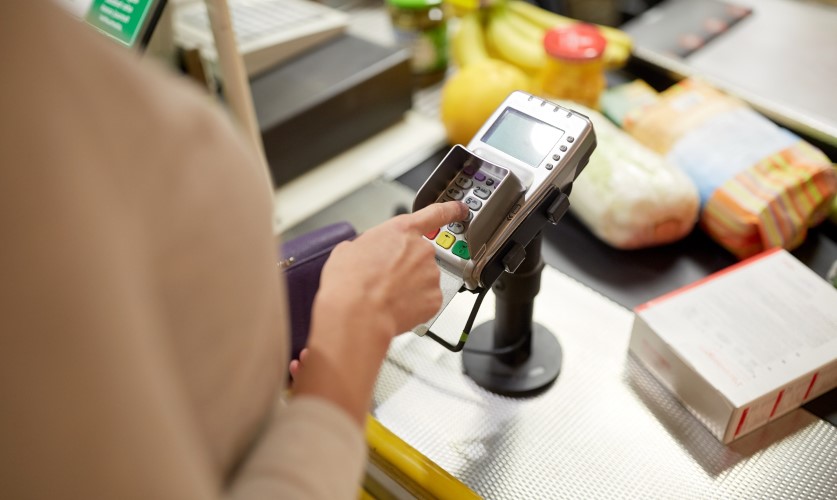Oghma food outlook highlights cost pressures for 2024
London-based finance advisor Oghma Partners has unveiled its 2024 outlook with a list of considerations for the food and beverage sector from partner Mark Lynch.

In the outlook, a range of predictions for 2024 were covered, with Oghma reporting on consumer demand, inflation, funding costs, EU trading and the downfall of plant-based foods. It stressed that financial pressures on consumers will “continue to mount” as costs rise.
Consumer demand
For 2024, mounting pressure on consumers will have an effect on the earnings of food businesses, with people opting to buy less and stay away from premium items, said Oghma. Instead, the company said it predicts a move from branded products to own-label lines as shoppers hunt for value.
Wage growth
The advisor said it expects wage growth to be a challenge in 2024, with the increase of the minimum wage in April (up 9.8%) putting “upward pressure” across the food sector where a lot of wage costs move in tandem with the minimum wage figure.
Oghma foresees a “relatively neutral commodity input costs environment” in 2024, highlighting that attention will be on wage costs and labour availability. As a result, Oghma predicts a renewed focus on capital investment to reduce labour usage across the manufacturing estate, which “may drive productivity gains” across the sector.
High funding costs
The company warned that while there may be signs of easing interest costs in 2024, cuts may be modest, and therefore unlikely to impact the cost of funding in the year. It said that high rates feed through to equity market ratings for quoted food companies and exit prices for businesses being sold, so it does not expect a significant increase in the multiples paid for businesses being exited in 2024 when compared to 2023 or 2022.
EU trading
It was noted in the outlook that the Government has committed to introducing reciprocal checks, covering health certification and sanitary and phytosanitary (SPS) checks on all agri-food products from the EU. The introduction of the checks was predicted by Oghma to have the potential to “increase cost and disrupt supply chains”.
A Labour Government will resolve the issue by rejoining the EU Phytosanitary regime, and would be unlikely to affect any pro-Brexit voters, claimed Oghma.
A reduced plant-based market
Oghma concluded the outlook by stating that it predicts a further decline in the plant-based food market, allowing category and sector leaders to reposition themselves for growth going forward.
“A more streamlined offer and a focus on marketing, consumer messaging, pricing and product quality should help realign the sector with consumer expectations and demands”, said Oghma.

 Animal health and Defra officials recognised in 2024 New Years Honours List
Animal health and Defra officials recognised in 2024 New Years Honours List Sustainability recommendations given to farmers after year of PRISM 2030
Sustainability recommendations given to farmers after year of PRISM 2030
